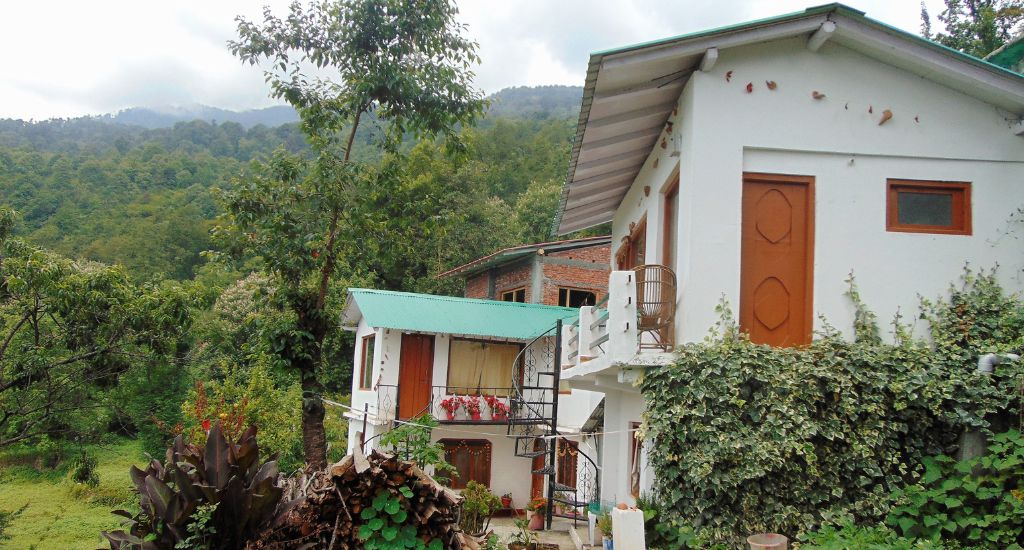
Unique homestays in Munsiari
Homestays in this Himalayan village serve as the base for nature and adventure tourists while offering a livelihood for the local people, especially women.

Homestays in this Himalayan village serve as the base for nature and adventure tourists while offering a livelihood for the local people, especially women.
In Sarmoli, a border village situated on the India-Nepal-Tibet tri-junction, 5 am is a perfect time to watch the Panchachuli mountain range of the Himalayas.
However, for Bina Nitwal, it is the start of her day. That includes cooking breakfast for her homestay guests, tending her backyard kitchen garden, getting her daughter ready for school, and most importantly being at Himal Kalasutra Forest festival, a two-week-long festival that celebrates the revival of a forest pond.
Nitwal is also the backbone of this festival and also of Himalayan Ark, a culture, nature and adventure tourism enterprise. The homestays started by this enterprise not only offer avenues for thrill seekers but also provide a livelihood for many locals.
The highlight of the enterprise is the homestays in Sarmoli village of Munsiari town in Pithoragarh district, one of which is managed by Nitwal and her husband Khushal.
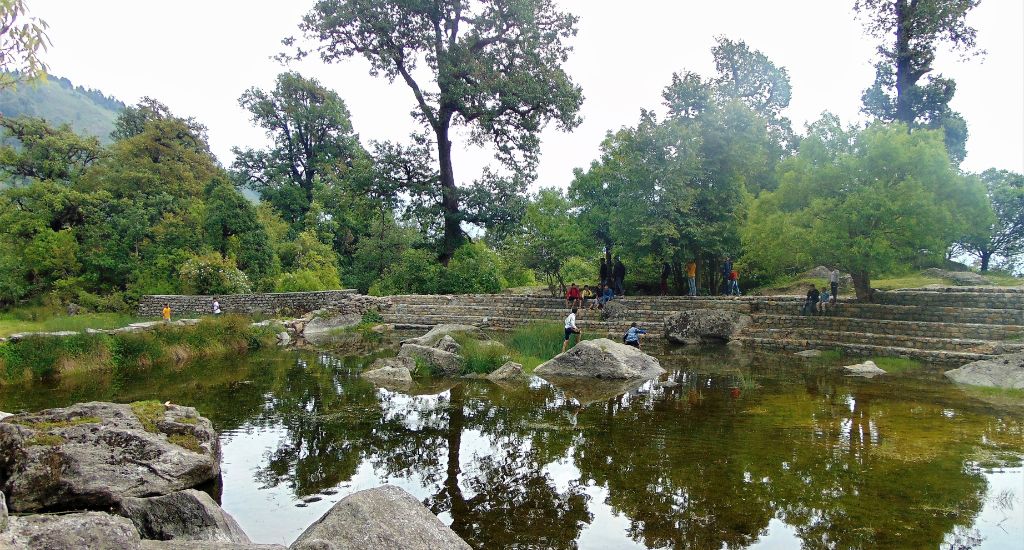
Khushal Nitwal helps her in the kitchen, manages the homestay and looks after the needs of the guests. The duo has been doing this for almost 20 years now. Their homestay, situated on the mountain slope, gives an amazing view of the Panchachuli mountain range.
Here you also get to taste the local pahadi food of the mountain region of Uttarakhand. Pahadi food at the Nitwals’ homestay is wholesome, homemade food made with fresh ingredients plucked from their kitchen garden. It includes local delicacies like bhaang ki chutney, bhatt ki dal and millet rotis.
Also Read | Live like a tribal at these Bastar homestays
Bina Nitwal mentioned that it is pretty natural to serve her guests the food that has been their traditional menu. “We can cook this food easily as we grew up cooking and eating it. Also, sourcing the ingredients is easy as we grow potatoes, methi, green peas, palak, etc. You will not find pizza or momos in my kitchen,” quipped Nitwal.
Malika Virdi, founder-director of Himalayan Ark, started homestays in her village as a livelihood option, on the condition that those involved should participate in the conservation of the forest commons.
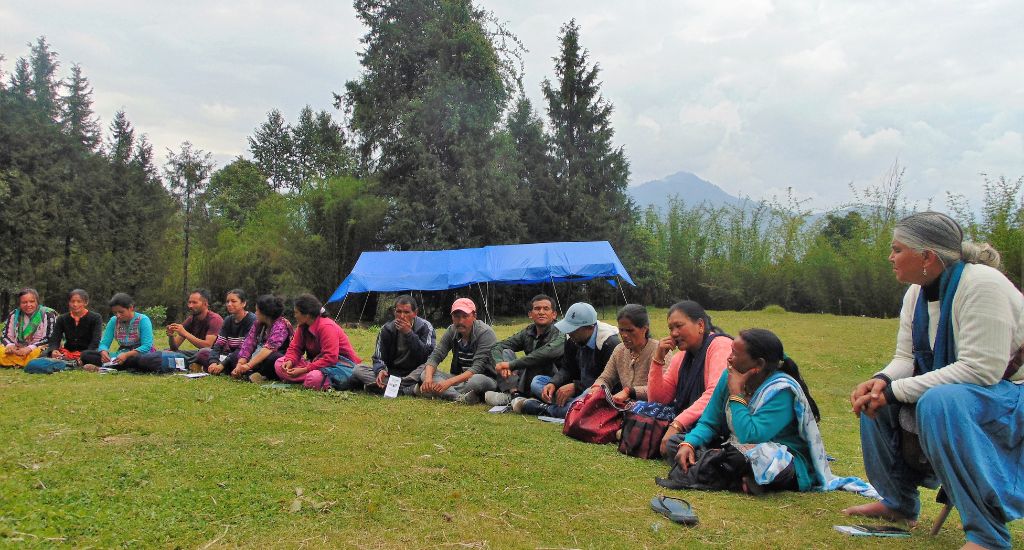
“Though the idea of hosting strangers in one’s home and taking money was very new, it incentivised homestays, and working as nature and culture guides, while at the same time working actively towards the regulated use of the forest resources and its conservation,” said Virdi.
Virdi was the sarpanch of the van panchayat in 2003, where she involved the locals in conservation activities like tree plantation, studying and documenting biodiversity, etc. That’s when she realised the importance of livelihood in conservation efforts.
Initially, the locals were hesitant, even sceptical at times. But mobilising the local women was not difficult for Virdi, as they were already a part of Maati Sangathan – a collective formed in 1996 to look into the socio-ecological aspect of the village.
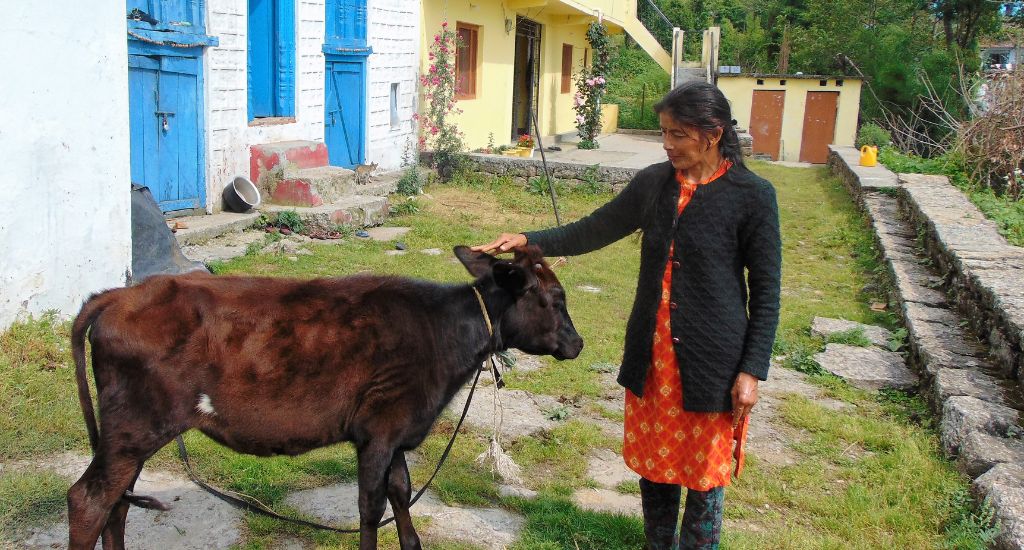
“Hospitality and cooking are what women always do. Earning went directly to the women. Men became supportive when money started coming in. Though we may say it’s a women-centric enterprise, it is actually a family enterprise,” said Virdi.
“We are a women’s group that works on all social issues that impact society. Our perspective is social justice that includes gender justice,” she added.
Also Read | Rural homestays for solo, offbeat travellers
The homestays – 14 in all – give immersive cultural experiences to their guests through local food expeditions, birding expeditions, and botany trips, besides treks to Nanda Devi, Panchachuli base camp and high altitude wetlands. They also offer many other curated and authentic experiences where the locals work as guides.
Himal Kalasutra Forest Festival has been celebrated since 2006, to create awareness about the conservation of Mesar Kund pond and to celebrate its revival. Initially held in winter, since 2009 it is being held in May. The festival brings in a steady flow of tourists.
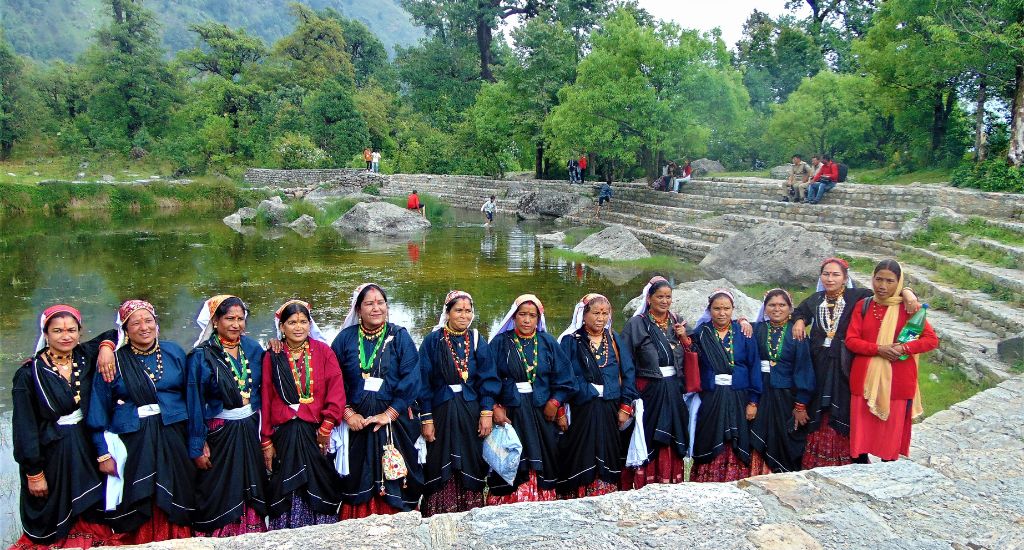
Initially, when villagers started digging a dried-up section of the pond, there was some resistance as the pond has a lot of cultural significance and menstruating women were not allowed. Focussing on the local folklore around the kund about the love story of Mesar Devta changed people’s perceptions. Though started with voluntary labour initially various organisations including the forest department supported the villagers’ efforts to revive the pond.
The festival attracts guests like Goa-based Ramita Gurav, an associate professor in Hindi, who conducted a story-reading session. Gurav presented a Hindi translation of a Konkani short story by Jnanpith awardee Damodar Mauzo, titled, Bacche hain mere ve. The story about the relationship between an old lady and her beloved coconut trees resonated with the locals as their livelihood, lifestyle, food and medicine come from their backyard forests.
During the festival, various events like bird walks, butterfly-moth workshops, local food and yoga workshops, marathons and nature education programmes for school children and folk dance performances are held.
Nitwal is conscious of the footprint tourism leaves behind in terms of garbage, and use of natural resources. “It’s a challenge as more tourists are coming now,” she said. She feels that corporate companies are there only for profits.
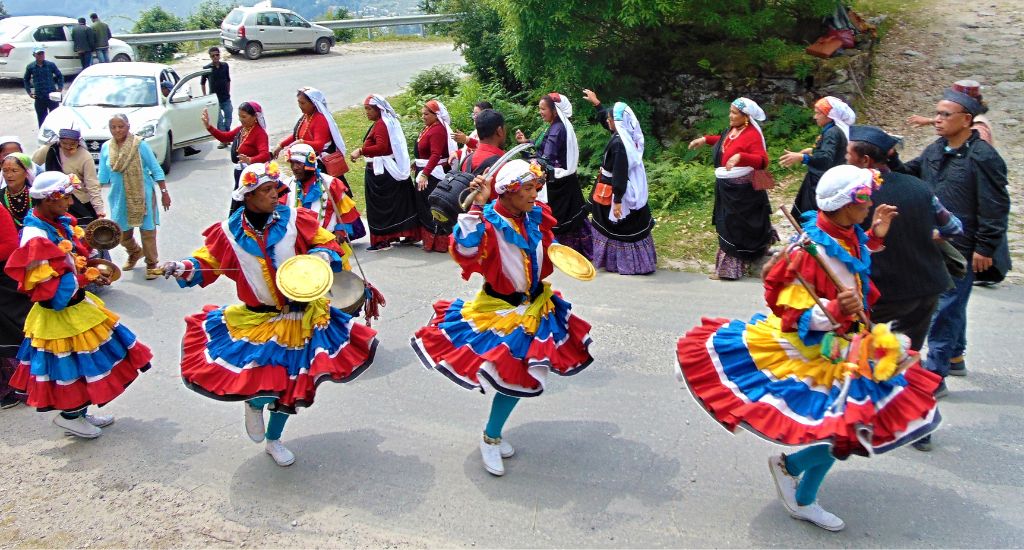
“Unlike us, they are not bothered about our forests, our land, or the garbage issues. It is we who have to deal with it,” she said.
Also Read | Win-win for women working in eco-tourism camp
Virdi opined that with the present market forces, this connection is dwindling. The homestays and the forest festival are aimed at re-establishing that bond with nature, though there are challenges.
The influx of tourists does take a toll on the fragile ecosystem of this Himalayan region. Also, places like Mesar Kund are being promoted as mass tourism destinations and are being reduced to picnic spots.
“We need to understand the limits of a place,” she said. “We need responsible tourism where travellers are conscious about their actions.”
The lead image shows a homestay in Sarmoli village (Photo by Arti Das)
Arti Das is a freelance journalist based in Goa, India. She writes about art, culture and ecology.